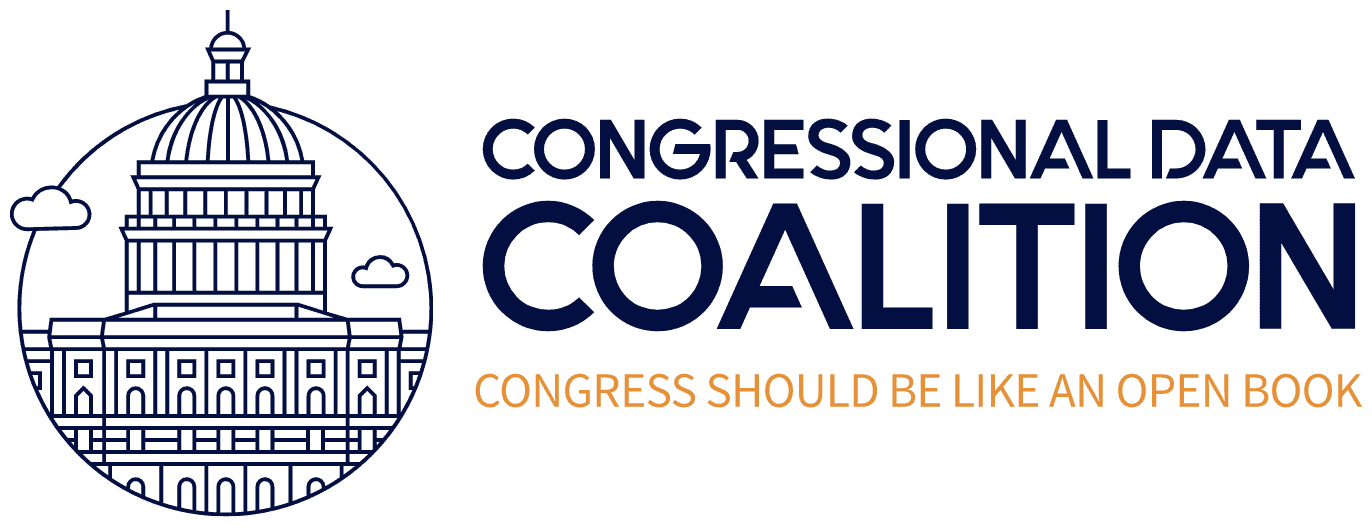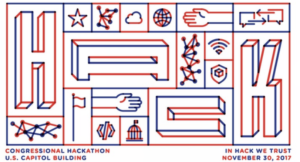The Next Bulk Data Task Force will be on Tuesday, July 9, from 11:00 – 12:00, in Cannon B03 Cannon. If you cannot make it in person, it is possible to join remotely via a Zoom conference. (Contact the Clerk to make arrangements).
On the agenda:
1. Introductions/ BDTF Background
2. Project Updates
• GPO
• LOC – Congress.gov
• Clerk – Comparative print / New Clerk website / HouseLive
3. 2019 Data Transparency Conference
4. Questions/ Discussion
The last meeting was in late October, 2018, and there was a lot of news.
More information on the BDTF can be found on the Legislative Information Resource Hub, and don’t miss the recent Congressional Transparency Caucus event that featured 10 technology tools for legislating and oversight.

